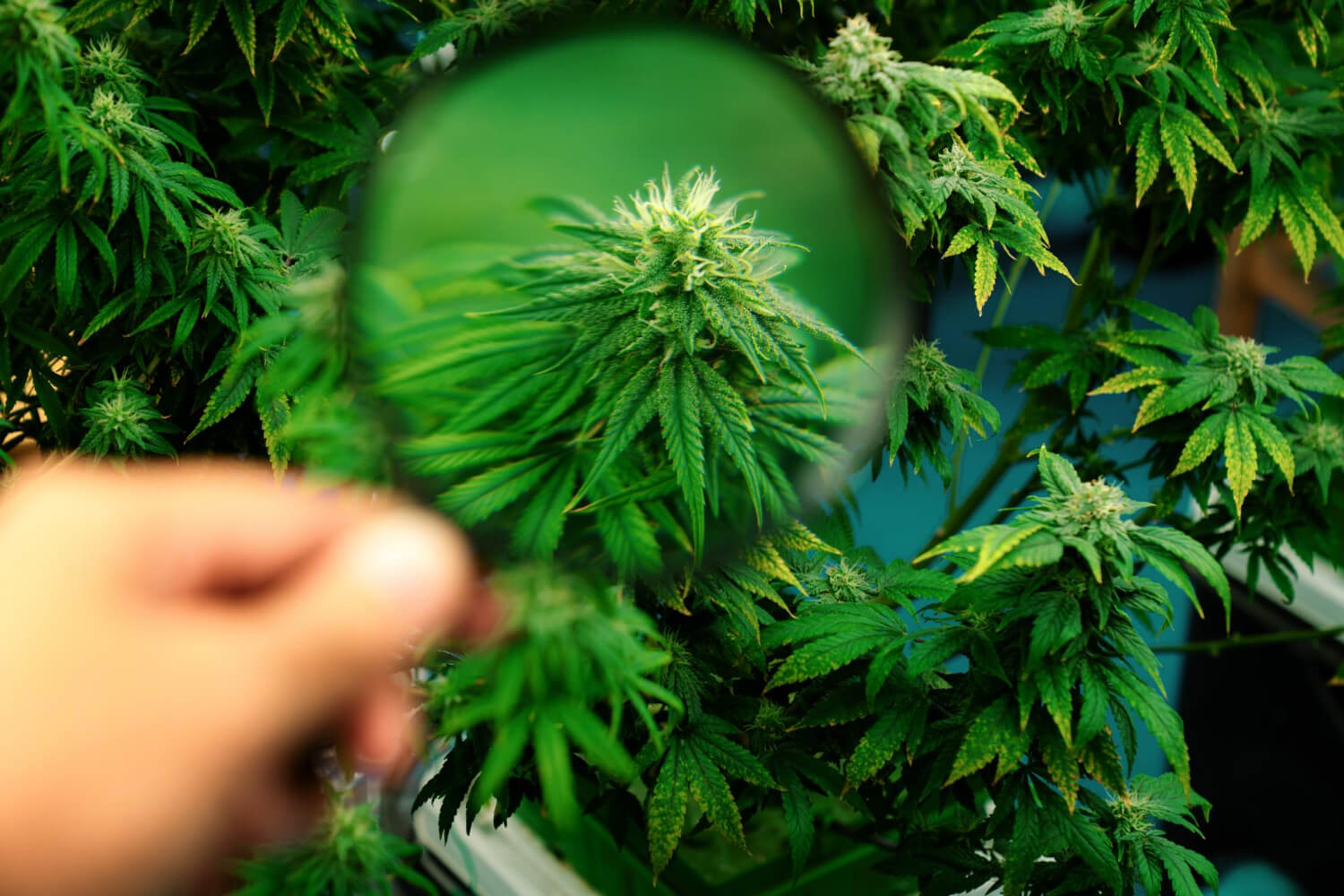In recent years, marijuana laws have been changing significantly across the United States. With the beginning of the new year, several states are implementing new policies that affect various aspects of marijuana use and regulation. From employment protections to packaging requirements, these fresh regulations will touch upon numerous factors concerning the growing marijuana industry in America.
Employment Rights for Cannabis Users in California and Washington State
In California, employers are now prohibited from asking job applicants about past cannabis use due to two pieces of legislation signed into law in 2022 and 2023. Additionally, most California employers are barred from penalizing employees based on the lawful use of marijuana outside their jobs. These changes aim to provide clarity and protection for cannabis users looking to enter or remain in the workforce.
Meanwhile, a newly effective law in Washington State provides similar protections against employment discrimination for individuals who legally use cannabis. As per the law, it is unlawful for employers to request information about an applicant’s prior use of cannabis during the hiring process or discriminate against a person based on off-duty marijuana use or drug tests that reveal cannabinoid metabolites. Employers can, however, maintain drug-free workplaces and enforce rules prohibiting the use of cannabis by workers after they are hired.
Nevada Expands Possession Limit and Business Operations
Nevada’s possession limit increases more than twofold, permitting businesses to expand operations without needing separate licenses for medical and recreational cannabis sales. This means adult-use marijuana retailers no longer need to obtain a separate medical cannabis license to serve patients, simplifying the process for both patients and businesses.
Virginia Creates a New Marijuana Regulatory Body
In Virginia, although lawmakers were unable to pass an implementation bill to allow regulated recreational marijuana sales by the new year, they have enacted legislation to transfer regulatory responsibility for the existing medical cannabis program to the Virginia Cannabis Control Authority. This move signifies an important shift in oversight and potentially prepares the state for future regulation of a broader cannabis market.
Colorado Introduces “Use-by” Dates on Cannabis Products
As part of its effort to ensure the quality of marijuana products sold in the state, Colorado now requires all cannabis items to feature “use-by” dates, indicating that the products are best consumed within nine months of being packaged. However, businesses can petition for extended timelines if they can prove their product’s shelf-life is over nine months. This new rule coincidentally comes into effect on the ten-year anniversary of the nation’s first legal adult-use marijuana sales in Colorado.
Oklahoma Implements Various Updates to Medical Cannabis Regulations
Oklahoma has also introduced multiple new laws affecting its medical marijuana industry. One such law authorizes the Oklahoma Medical Marijuana Authority (OMMA) to hire “secret shoppers” who can discreetly investigate regulatory compliance at cannabis businesses and provide samples from dispensaries to quality assurance labs. For the first year, OMMA must deploy secret shoppers to at least 50 medical marijuana dispensaries annually.
Furthermore, licensed marijuana labs in Oklahoma can now voluntarily validate their testing processes to demonstrate strict adherence to various rules and objectives for labs, thanks to another new legislation. An additional law prioritizes the development of more industry standards for labs to follow, ensuring consistent quality and safety for consumers.
Last but not least, Oklahoma has passed a law requiring regulators to establish a process for certifying workers at licensed medical cannabis businesses. This move ensures that employees meet minimum standards and maintain their qualifications to work in the industry.
Continuous Evolution of Marijuana Laws Across the U.S.
In conclusion, as the legal status and acceptance of marijuana use continue to evolve in America, states are constantly refining their policies regarding regulation, sales, employment rights, and more. The modifications rolled out at the start of the year demonstrate how the nation adapts to an ever-changing landscape surrounding marijuana laws. For consumers, businesses, and workers alike, it’s crucial to remain informed about these developments to ensure compliance with current regulations and understand how they might impact one’s involvement in this flourishing industry.





